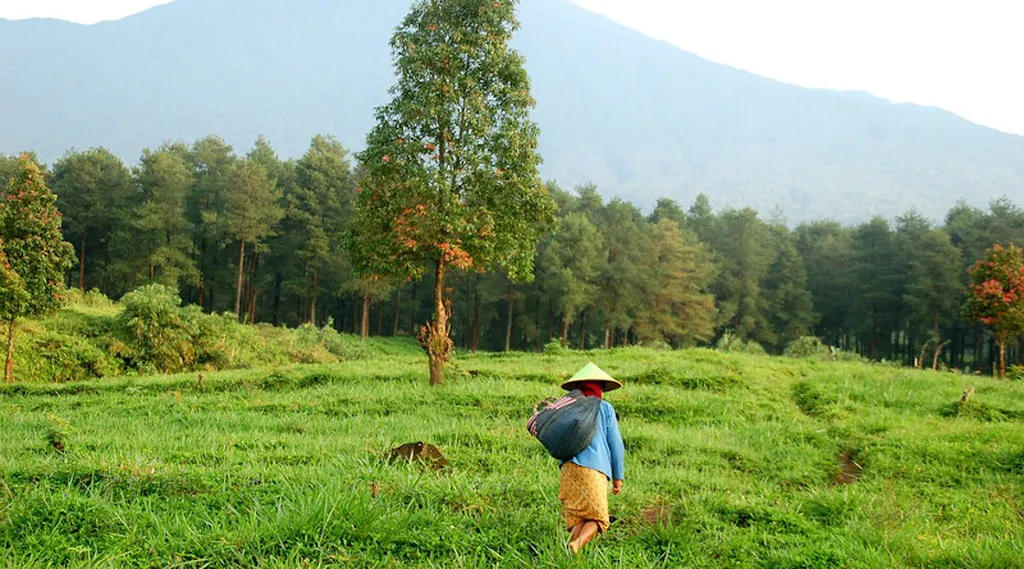In the heart of Central Java, Indonesia, a quiet revolution is taking place in the world of agricultural extension. Researchers, led by Subejo Subejo, have been exploring how a Knowledge Management System (KMS) can transform the way agricultural extension workers support farmers. The study, published in the Journal of Global Innovations in Agricultural Sciences (Jurnal Inovasi Global dalam Ilmu Pertanian), offers a glimpse into the future of agricultural extension, with potential implications for the energy sector and beyond.
Agricultural extension workers are the unsung heroes of the farming world, bridging the gap between research and practice. They help farmers adopt new technologies, improve their yields, and ultimately, increase their incomes. But to do this effectively, they need access to the right knowledge, at the right time, and in the right format. This is where KMS comes in.
Subejo and his team found that 35 extension workers in Purworejo Regency have been successfully implementing the basic principles of KMS, despite facing several limitations. The process begins with knowledge creation, drawing from websites, digital sources, and even conventional media. This knowledge is then organized and stored using the Ministry of Agriculture’s information system (SIMLUHTAN) and digital storage. Finally, the knowledge is shared via WhatsApp, conventional media, and other channels with other extension workers and targeted farmers, and then implemented by reusing and modifying their knowledge as agricultural extension’s materials.
“The extension workers have been very proactive in using the KMS,” Subejo said. “They understand the importance of combining explicit and tacit knowledge to support their extension activities.”
So, what does this mean for the future of agricultural extension? For one, it suggests that digital tools and platforms can play a crucial role in improving the effectiveness of extension workers. By providing them with easy access to a wealth of knowledge, these tools can help them better support farmers and drive agricultural innovation.
But the implications don’t stop there. The energy sector, for instance, could learn a thing or two from this approach. As the world grapples with the challenges of climate change and energy transition, the need for effective knowledge management and extension becomes ever more pressing. By adopting a similar approach, energy companies could better support their customers in adopting new technologies and practices, ultimately driving the transition to a low-carbon future.
Moreover, this research highlights the importance of tailoring knowledge to local conditions. As Subejo noted, “The extension workers have been very successful in adapting the knowledge to the local context.” This emphasis on localization could be a key factor in the success of future agricultural and energy projects.
In conclusion, the research by Subejo and his team offers a compelling vision of the future of agricultural extension. By leveraging the power of KMS, extension workers can become even more effective in supporting farmers and driving agricultural innovation. And as the world grapples with the challenges of climate change and energy transition, this approach could provide valuable lessons for other sectors. As the world continues to evolve, one thing is clear: the future of extension lies in knowledge management.

